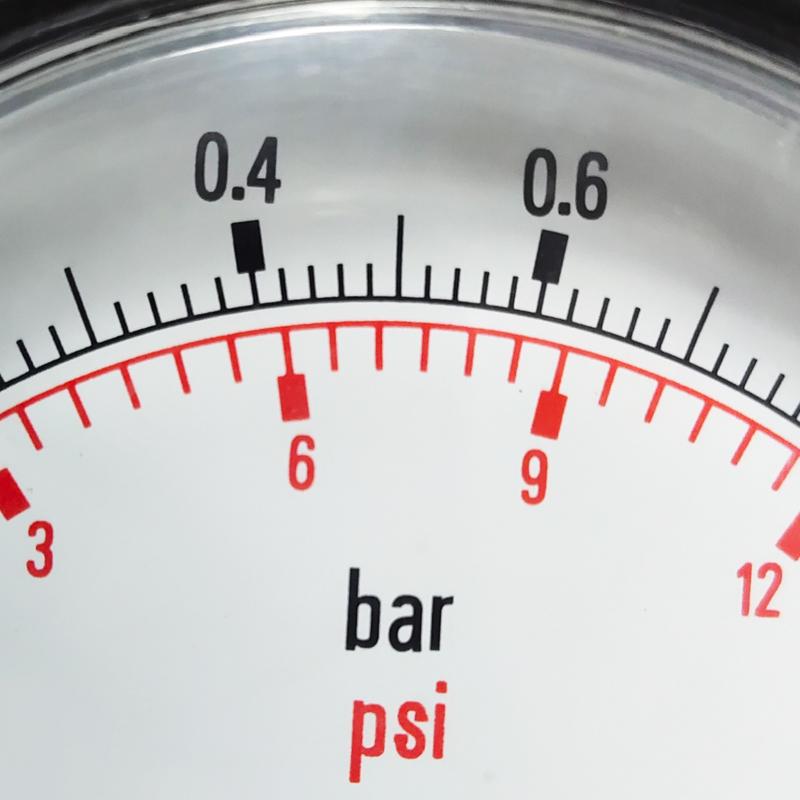
11 月 . 10, 2024 02:31 Back to list
Bellow Type Differential Pressure Gauge for Accurate Measurements and Durability
Understanding Differential Pressure Gauge Bellow Type Products
Differential pressure gauges are critical instruments widely used in various industries for measuring the difference in pressure between two points in a system. One popular design among these instruments is the bellow type differential pressure gauge. This article delves into the functionality, applications, advantages, and considerations of bellow type differential pressure gauges.
What is a Bellow Type Differential Pressure Gauge?
A bellow type differential pressure gauge utilizes a flexible metallic diaphragm or bellow to measure pressure differences. When subjected to differential pressure, the bellow expands or contracts, which translates into a mechanical movement. This movement is indicated on the gauge’s dial, allowing operators to monitor pressure variations accurately. These gauges are typically connected to two input points in a system, measuring the pressure on either side of a bellow.
How Does It Work?
The operation of a bellow type differential pressure gauge is straightforward. As fluid flows through a pipeline or system, variations in pressure at different points lead to a differential pressure condition. The bellow — which is sealed and filled with a small amount of fluid for mechanical stability — responds to this pressure difference. When the pressure is equal on both sides of the bellow, it remains in a neutral position. However, when a difference occurs, the bellow displaces, causing the connected pointer to move across a calibrated scale. The measured value provides critical information for process control and safety monitoring.
Applications
Bellow type differential pressure gauges are versatile and applicable in various fields, including
1. Oil and Gas Industry Monitoring pressure drops in pipelines to ensure efficient flow and detect leaks. 2. Water Treatment Plants Measuring pressure variations in filtration systems to optimize performance and maintain equipment. 3. HVAC Systems Evaluating differential pressure in air ducts to ensure proper airflow and system balance. 4. Pharmaceuticals Ensuring sterility by monitoring pressure differentials in controlled environments. 5. Chemical Processing Maintaining safety by monitoring pressure levels in reactors and storage tanks.
differential pressure gauge bellow type products

Advantages
The bellow type differential pressure gauge offers several benefits, making it a favored choice among engineers and technicians
1. Accuracy These gauges provide precise measurements due to their sensitive mechanical response to pressure variations. 2. Durability Constructed from robust materials, bellow type gauges can withstand harsh conditions, including corrosive environments. 3. Wide Range of Applications From low-pressure to high-pressure environments, bellow type gauges can be designed to accommodate various requirements. 4. No External Power Source Needed Since these instruments operate mechanically, they do not require external power, reducing operational complexities. 5. Ease of Installation and Maintenance The simplicity of their design means that installation is straightforward and maintenance requires minimal effort.
Considerations
While bellow type differential pressure gauges are reliable, certain factors should be considered before selection
1. Calibration Regular calibration is essential to ensure accuracy over time, particularly in critical applications. 2. Temperature Effects Temperature fluctuations can affect gauge performance; hence, it is crucial to consider the operating environment. 3. Pressure Range Selecting a gauge with an appropriate pressure range for the specific application is vital to avoid damaging the instrument.
Conclusion
Bellow type differential pressure gauges play an indispensable role in monitoring and controlling processes across various industries. By understanding their operation, applications, advantages, and considerations, professionals can maximize their efficacy and ensure optimal performance in their systems. As technology advances, the future of these gauges promises even greater accuracy and reliability, reinforcing their position as essential tools in pressure measurement and management.
-
High-Precision 5 Valve Manifold Differential Pressure Gauge Suppliers
NewsApr.29,2025
-
High-Precision Diaphragm Vacuum Pressure Gauges Manufacturers & Quotes
NewsApr.29,2025
-
Omega Differential Pressure Gauges High Accuracy & Durability
NewsApr.28,2025
-
Low Pressure Differential Pressure Gauges Precision Solutions & Quotes
NewsApr.28,2025
-
Digital Diaphragm Pressure Gaauge Precision Measurement & OEM Quotes
NewsApr.28,2025
-
Differential Pressure Gauge China Price High-Accuracy & Best Quotes
NewsApr.28,2025
